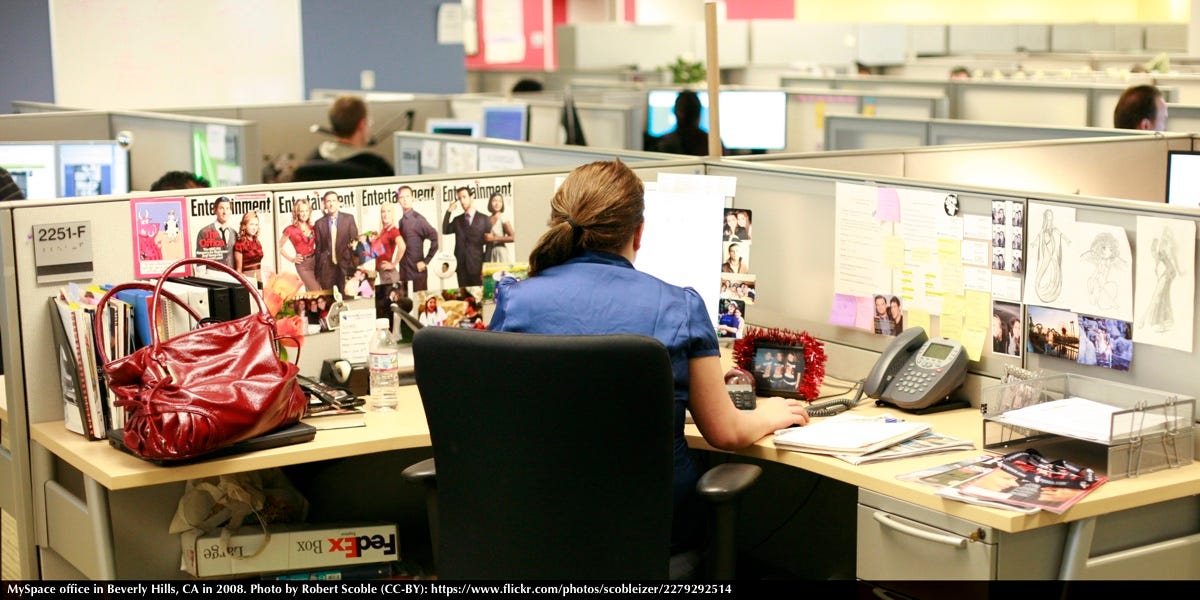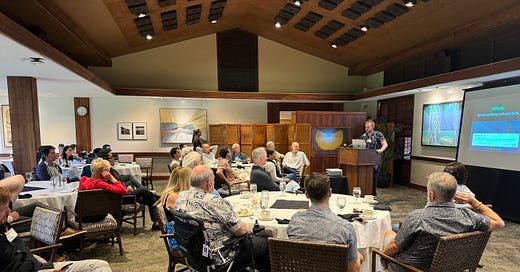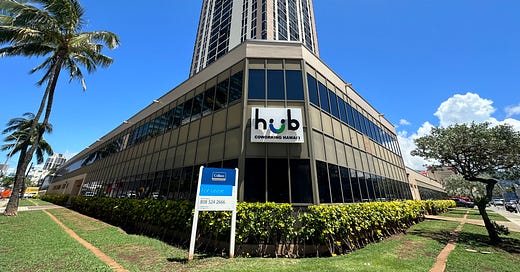Bill Would Ban Bosses from Snooping on Social Media

Common sense says that you shouldn't post anything to Facebook that you wouldn't want your boss to see. But because common sense isn't especially common, a bill before the Hawaii state legislature this session hopes to set some boundaries.
The House committee on labor and public employment yesterday considered a bill that would prohibit employers from asking employees and potential employees to give them access to personal social media account usernames and passwords. A very similar bill was introduced two years ago, but it eventually died.
House Bill 561 (and companion Senate Bill 1269) focuses on content posted to social media that isn't explicitly public, but still shared with friends or groups. The reasoning appears to be that an employer, or potential employer, could still get access to non-public posts by demanding employees to hand over their login credentials, or insisting the employee (or a coworker with access to the content) log on in their presence to view it.
There are exceptions to the ban. It wouldn't apply to social media accounts created for the business or employer, for example. And it wouldn't interfere with legitimate investigations into work-related employee misconduct -- from harassment to the disclosure of an employer's confidential or proprietary information.
The Chamber of Commerce of Hawaii submitted testimony opposing the bill, saying that no Hawaii employer would make such a demand. "The Chamber believes that HB 561 is unnecessary as it is attempting to address an area that does not need to be regulated," the group wrote. "This bill seems to be addressing a problem that does not exist and by doing so, places an additional burden to Hawaii’s businesses."
The bill was introduced by Rep. Matthew LoPresti, who told the Associated Press' Cathy Bussewitz that he feels he is in the "last generation to have privacy in my youth that hasn’t been documented."
Like me, Rep. Matthew LoPresti is 40. In a way, I think he's right. But that's also why I agree with the chamber that the bill is unnecessary.
On the one hand, it seems as if privacy is a mere afterthought for some people, and public is the default for their social media posts. Heaven forbid the world be deprived of their wit, or striking selfie. As William Hoshijo, executive director of the Hawaii Civil Rights Commission, told the AP, public posts are already a minefield in employment law. If you Google an applicant's name, you could easily discover his or her gender, marital status, ethnicity, sexual orientation, or other characteristics that put them in a protected class. If a potential employer finds your Instagram profile and sees that you're a radical Buddhist, what does it mean if you don't get hired?
On the other hand, as the parent of a teen, I get the sense that the "next generation" knows how to find privacy if they really want it. For better and worse, the internet that once remembered everything is now being forced to forget: witness the rise ephemeral messaging services like Snapchat, and apps that embrace anonymity like Yik Yak.
In my opinion, if explicit steps are taken to keep something private, doing something to sneak through those measures should be tested against existing laws that already protect privacy. Asking an employee for their personal account passwords is already a step too far, without a special law focused on social media.
Nonetheless, the bill did pass out of committee yesterday in a near unanimous vote (11 ayes, one aye with reservations). If you've got an opinion, either way, keep track of HB561 or SB1269 and submit testimony the next time either comes up for a public hearing.
Photo courtesy Robert Scoble.











